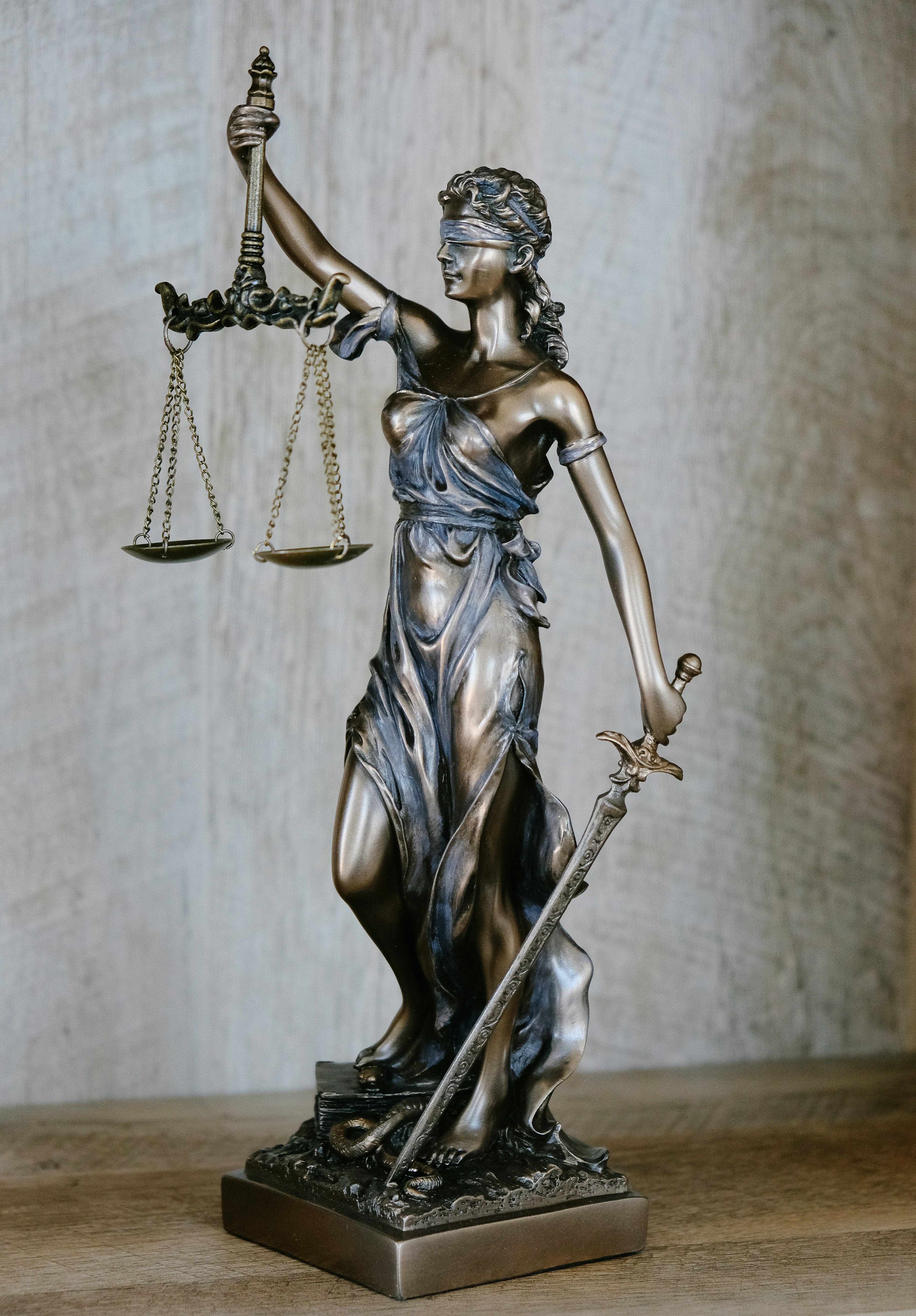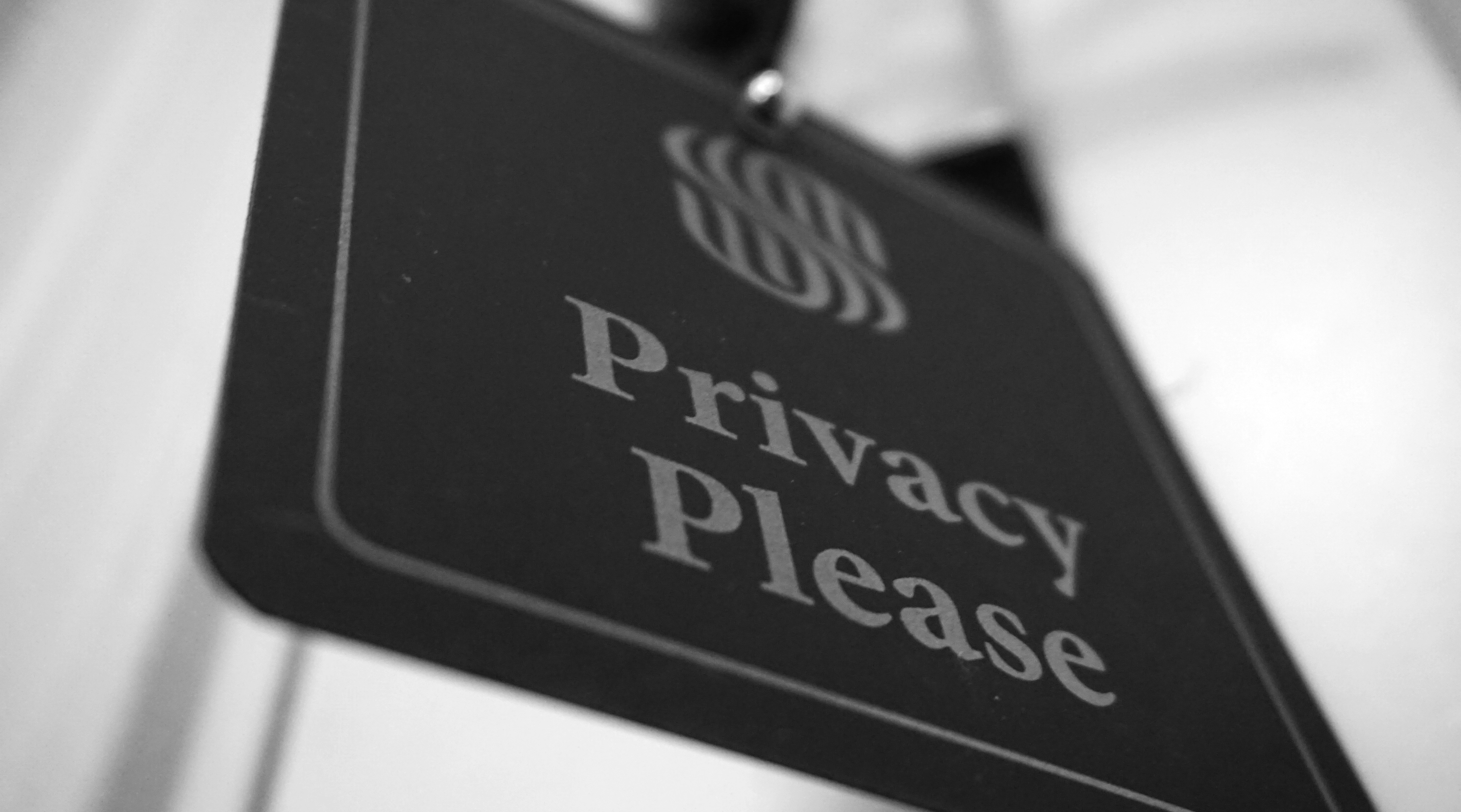Secure Your Rights Online: Navigating Pseudonymous Living in 2025
In today's digital age, where the line between public and private often blurs, understanding your rights and responsibilities when engaging in pseudonymous living is essential. With the rapid evolution of technology, more individuals are embracing anonymity to protect their identities while expressing themselves online. But with this freedom comes a host of legal implications that every pseudonymous user should be aware of. Let’s delve into the legal landscape of pseudonymous living and explore the rights, responsibilities, and best practices in this anonymous age.
The Rise of Pseudonymous Living
Pseudonymous living refers to the practice of using a false name or alias to engage in various online activities. Whether for privacy protection, self-expression, or a desire to escape societal judgment, many are turning to pseudonyms to navigate the digital world. From social media platforms to online marketplaces, the scope of pseudonymous engagement is broad and complex.
Why People Choose Pseudonyms
Many individuals turn to pseudonymous living to safeguard their personal identities. This can stem from various reasons, including:
- Safety Concerns: Many users fear harassment or threats, especially in sensitive discussions about politics, health, or personal matters.
- Mental Health: Some find it easier to discuss mental health issues or personal struggles under an alias, which encourages open dialogue without stigma.
- Creative Freedom: Artists and writers often use pseudonyms to separate their professional identity from their personal lives, enabling them to explore creative avenues without judgment.
The Legal Backdrop
The legal landscape regarding online pseudonymity is intricate, with rights that can often feel murky. The question arises: Are you protected under the law when you operate under a pseudonym? The answer is a nuanced “it depends.”
-
Free Speech: The First Amendment protects your right to express yourself anonymously. The courts have historically sided with individuals expressing opinions under pseudonyms, especially against government censorship. However, this right isn’t absolute, and there are exceptions, particularly in cases involving harassment or defamation.
-
Privacy Laws: Many jurisdictions recognize a right to privacy that can support pseudonymous living. Laws like the California Consumer Privacy Act (CCPA) reflect growing awareness of digital privacy rights, but not all regions offer the same protections.
-
Content Ownership: When engaging in creative work—whether it’s art, writing, or software—pseudonyms can complicate the issue of ownership. For insights into how pseudonymous identities interact with ownership rights, refer to our article on who owns AI-generated art.
-
Accountability: Operating under a pseudonym can lead to a grey area regarding accountability. While anonymity can provide safety, it may also reduce consequences for harmful actions, making it a balancing act between expression and legal responsibility.
Responsibilities of Pseudonymous Users
Operating anonymously doesn’t exempt one from legal responsibilities. Here are some obligations to keep in mind:
-
Avoiding Defamation: Just because you're anonymous doesn’t mean you can slander someone without repercussions. Courts have upheld defamation claims against anonymous users, especially when the identities are revealed.
-
Compliance with Terms of Service: Platforms may have specific rules that users must adhere to. Violating these could lead to account suspension or legal action, regardless of your anonymity.
-
Respecting Copyrights: Anonymity doesn’t grant the right to infringe intellectual property. Proper attribution and permissions are still required, even under a pseudonym.
-
Tax Obligations: Whether you’re selling products or services under an alias, failing to report income could have serious legal implications.
Navigating Online Anonymity: Best Practices
Knowing how to effectively navigate pseudonymous living can empower users to engage without fear of repercussions. Here are some practical tips:
1. Choose Your Pseudonym Wisely
A pseudonym should be thoughtful and memorable, but also disconnected from your real identity. Avoid using any identifiable features or names that could lead back to you.
2. Use Privacy Tools
Employ privacy tools such as Virtual Private Networks (VPNs) and secure browsing experiences to protect your identity. These tools help shield your IP address and personal data from prying eyes.
3. Be Mindful of Personal Information
Even in anonymous forums, avoid sharing sensitive personal information. This includes identifiers like your location, workplace, or any other details that could inadvertently link back to your true identity.
4. Understand Your Platform
Different platforms have varied policies regarding pseudonymity. Familiarize yourself with their guidelines to know what’s allowed and what could lead to account penalties or legal issues.
The Role of Authorized Platforms
Many online platforms are designed to host pseudonymous users; however, they also hold a level of responsibility over users' interactions. Platforms such as Reddit and Twitter have implemented guidelines to safeguard both the user’s rights and the rights of others. However, these rules can change quickly. Staying informed about updates is crucial.
Internal Links to Explore Further
As the legal landscape involving digital identities evolves, it's beneficial to stay updated on relevant topics. Here are some articles that may enrich your understanding:
- Explore the implications of digital assets in life through our post on navigating digital assets after death.
- Understand better the interactions of AI and legal ethics in our article, the ethics of AI in legal settlements.
Key Considerations for Digital Privacy Rights
With a surge in online anonymity, legal frameworks are constantly evolving to address privacy and ownership issues. Users must stay informed about current laws and potential changes to ensure their rights are upheld.
Legislative Changes
New legislative initiatives constantly arise to protect individual rights in the digital space. Keep an eye on movements similar to the General Data Protection Regulation (GDPR) in Europe that focus on user consent and privacy protection.
Emerging Technologies
Technological advancements, such as blockchain, have introduced novel ways to secure digital identity and ownership. Understanding these innovations can help users navigate challenges in pseudonymous living better.
Navigating Challenges in Pseudonymous Living
Pseudonymity should foster creativity and free expression; however, challenges persist. Users often navigate conflicts of identity, ownership disputes, ethical questions, and legal responsibilities. Here’s an overview of these challenges:
Identity Conflicts
Navigating the balance between expressing your authentic self and maintaining a pseudonym can be challenging. The anonymity that allows for freedom can also create a disconnect from personal accountability.
Ownership Disputes
Artistic creations made under pseudonyms can lead to disputes over ownership. Clear agreements and contracts can bolster your rights and clarify ownership issues.
Ethical Dilemmas
As the season of pseudonymity continues to expand, so do the ethical dilemmas surrounding anonymity. Consider how your pseudonymous actions affect others and the legal ramifications of those actions.
Final Thoughts: Embracing Your Anonymity Responsibly
Pseudonymous living offers a canvas where creativity and expression can flourish free from the distractions of identity. However, it comes hand-in-hand with a responsibility to understand your rights and legal obligations. By navigating the complexities of pseudonymity with care, users can enjoy the unparalleled freedom the digital landscape offers while minimizing legal pitfalls.
Staying informed about ongoing legal developments—such as the growing emphasis on online privacy rights and the implications of digital identities will empower users to thrive in the anonymous age. For more tailored insights and legal advice, consider consulting with a legal expert familiar with online anonymity laws.














